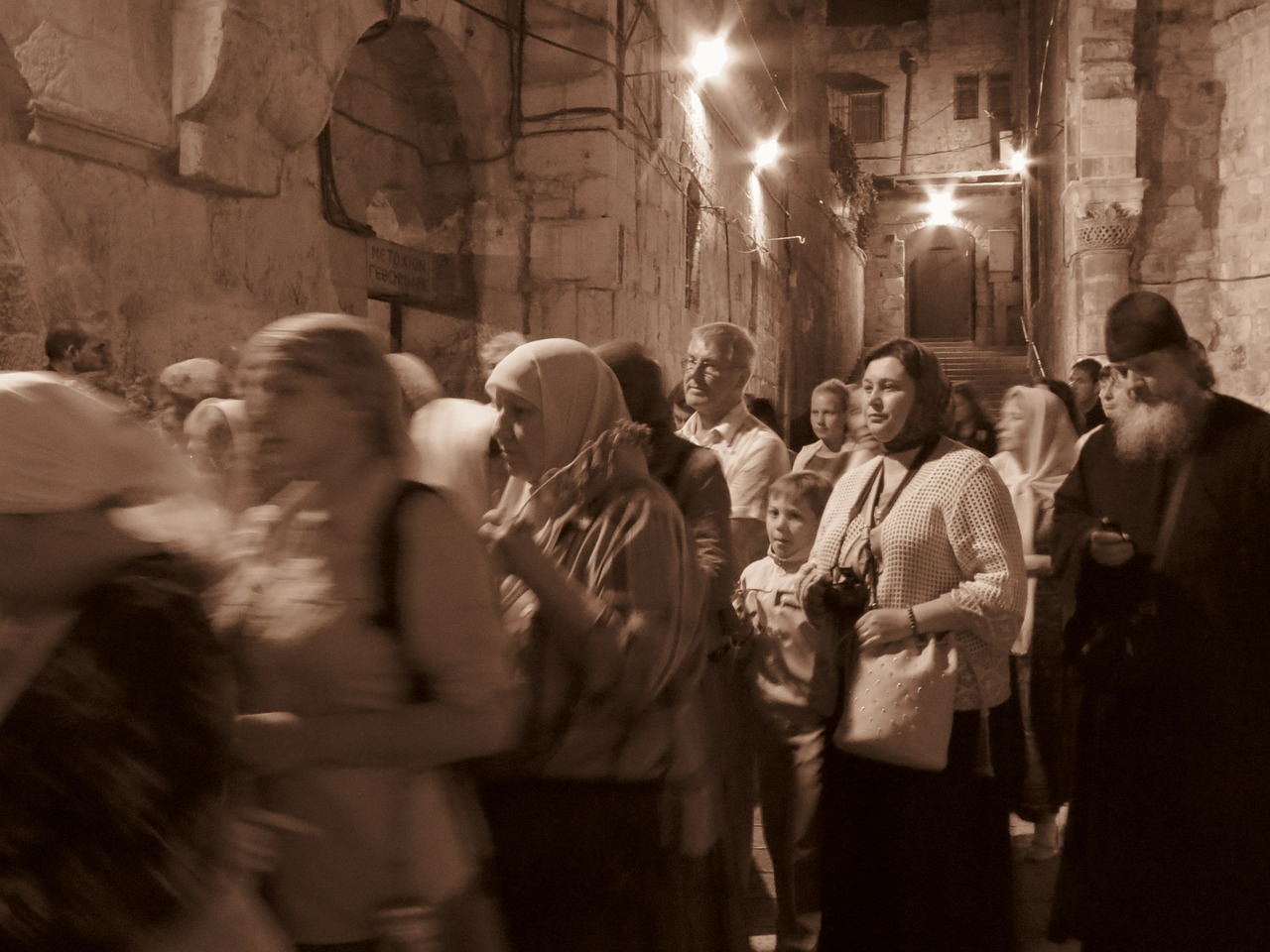 July 31 is the feast of Saint Ignatius. His spirituality, drawn from his Spiritual Exercises and his lived experience, is known for its practicality. Ignatian spirituality is used by people of all kinds of backgrounds and religious traditions. I was a Jesuit for nearly three years and had the opportunity to learn the Ignatian tradition well through the Spiritual Exercises, a 30-day silent retreat of prayer and discernment, and I got to apply this unique spirituality to various kinds of situations: in hospitals, with university students, and with young children.
July 31 is the feast of Saint Ignatius. His spirituality, drawn from his Spiritual Exercises and his lived experience, is known for its practicality. Ignatian spirituality is used by people of all kinds of backgrounds and religious traditions. I was a Jesuit for nearly three years and had the opportunity to learn the Ignatian tradition well through the Spiritual Exercises, a 30-day silent retreat of prayer and discernment, and I got to apply this unique spirituality to various kinds of situations: in hospitals, with university students, and with young children.
The truth is, Ignatian spirituality can apply to people of all ages and children especially are apt to receiving it well. Why? The secret is, Ignatian prayer and principles allow children to access parts of themselves they already know so well, like their imagination and feelings. While children may not be able to go further into the nuances of discerning the meaning of why they feel a certain way, they are freer of attachments and biases that adults have grown to have. One of St Ignatius’ first points is that one must be free of disordered attachments, those things that are holding us back from moving toward God. Children tend to be less hindered on their journey to God. As Jesus prayed to his Father, “… although you have hidden these things from the wise and the learned you have revealed them to the childlike.” (Matthew 11:25)
Kids’ Ignatian Exercises
There are three easy ways to integrate Ignatian spirituality into the lives of kids. The first begins with finding God in all things. When I lived in Syracuse I worked two days a week with some primary school children. I remember one kindergarten teacher sending the class into the schoolyard to find one item that God made. They brought back things like sticks and leaves and rocks. Now we can say that God made everything but this gives children the opportunity to acknowledge bits and pieces of God’s creation, even if it’s just in the natural parts of the world.
The second Ignatian exercise that’s easy to introduce to children is imaginative prayer. St Ignatius recommends that the pray-er read through a gospel passage and then place him or herself in the scene, letting it play out, interacting with the characters, and noticing their senses and feelings. What could children be better at than pretending? I once had a first grade class close their eyes as I read a simplified version of the gospel story of the storm at sea. They were told to imagine that they were in the boat. I even had them make the sounds of the wind and the sea. And then the calm. Silence. By engaging their senses and pretending they were really there the kids were able to tell me about their feelings as they were “sitting in the boat”. Some were “scared” or “sad” and when Jesus calmed the storm they felt “glad” or “safe”. And what a God who can take away fear and bring safety!
The third exercise lets us bring St Ignatius’ Examen prayer to children. The Examen is a review of the day where one pays attention to their feelings and God’s movement. The prayer can be simplified by asking children to tell you about something that happened to them today, asking them how it made them feel, and what they might want to say to God about it. Do they want to thank God? Or do they want to ask God for help?
Children already speak the language of Ignatian spirituality because they have the capability to imagine, feel, and reflect. They know when something feels right or wrong and when they are happy or sad. These exercises can act as an avenue for kids to get in touch with God and come to know more how God works in their lives.
> Learn more about Ignatian spirituality
Listen to an audio version of this post…
Music: audionautix.com and Kevin MacLeod









Great resource!
When someone writes an article he/she retains the idea of a user in his/her mind that how a
user can be aware of it. Thus that’s why this paragraph is
perfect. Thanks!
Hi Andy, do you know of a podcast or app that has these kinds of meditations for kids? I love the Pray As You Go app – wondering if there’s something similar for kids?
Hi Tamie,
I’m not aware of any spiritual/religious apps with meditations for kids. I’m only aware of an Examen for Children that Pray As You Go has. There are secular meditation apps for kids however.
Andy